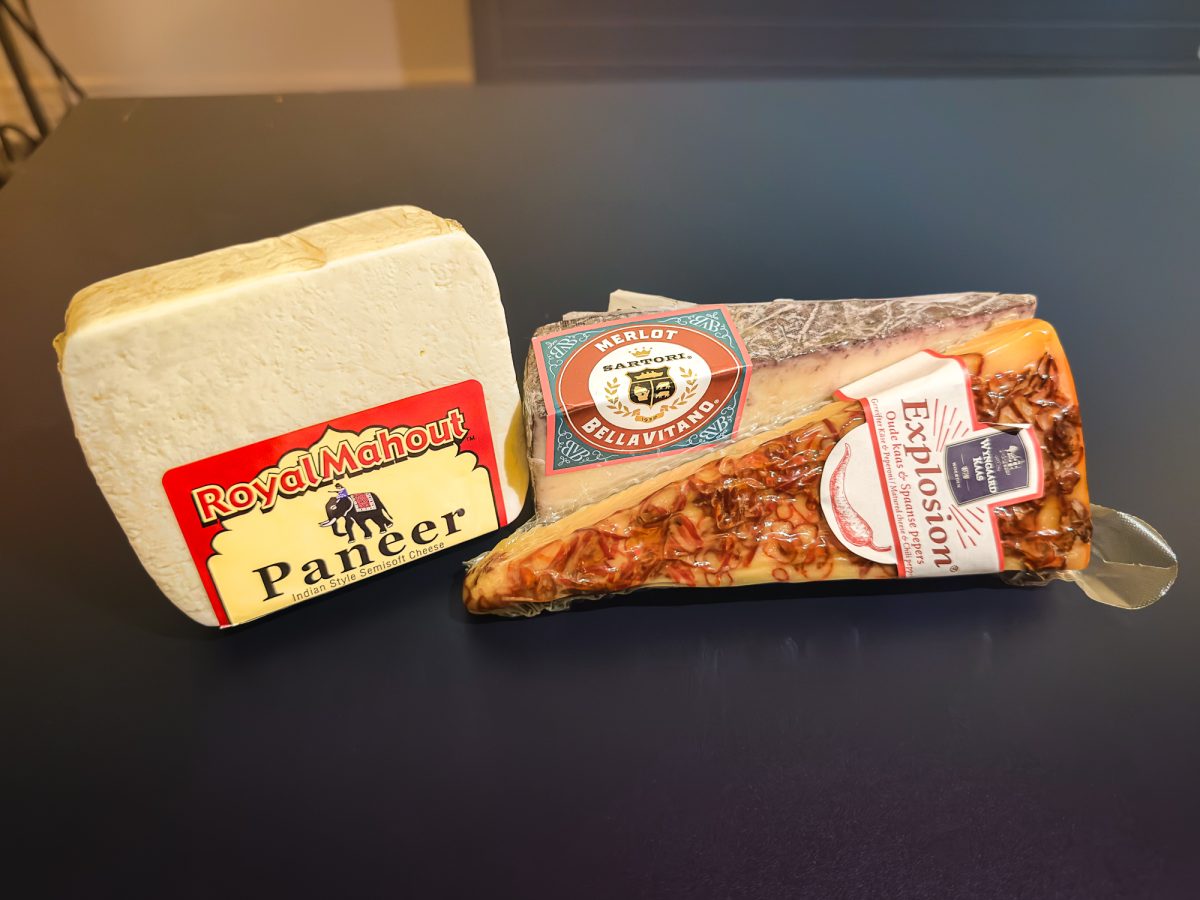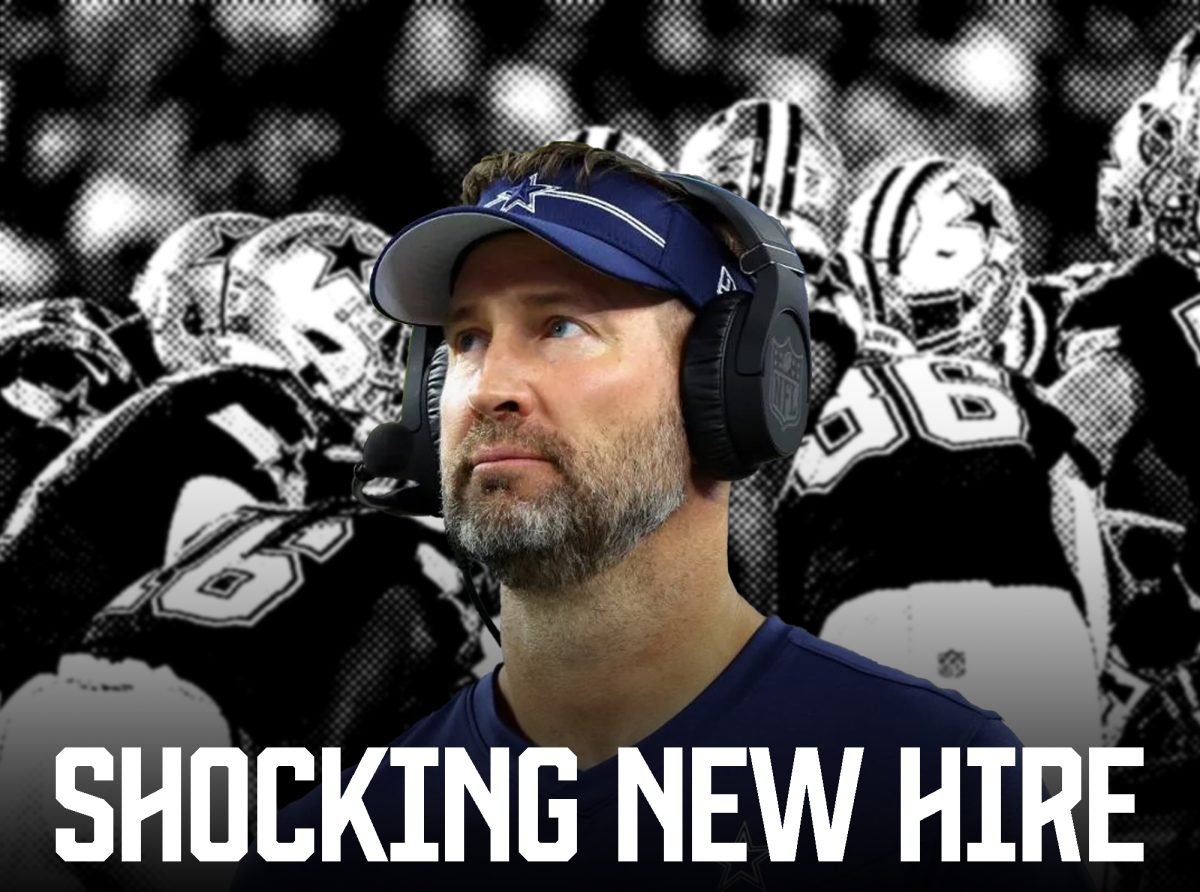So, you want to be a video game developer? Me and you both. But the path there ain’t all sunshine and roses. Let’s take a walk, shall we?
The industry of video game development is a powerful one; the industry pulled in over $347 billion in 2022. Despite how successful it is, game development is a laborious and time consuming process, be it development proper, quality assurance testing or other factors.
An elite few have managed to survive in this kind of environment, but it is not a world for the faint of heart. On top of already long hours and low compensation, the video game industry has become infamous for a practice called “crunch,” a practice where developers work large amounts of overtime to reach a set deadline. This has created an industry with high requirements, which is especially hard on new hires.
Most positions in the video game industry require extensive training, knowledge and expertise on specific software and skills. Even if prospects meet those requirements, studios often ask for at least two years of experience for their entry and junior level roles.
Seems pretty daunting, I know. In all honesty, the cards are stacked against newcomers, and the barrier for entry is often an insurmountable obstacle. But it’s not impossible to get into the industry. I’ll let you in on what I’ve learned on my own journey to become a game developer.
First, you need to get the skills. This is far easier said than done. Game development engines, such as Unity and Unreal Engine, will take weeks to learn. In other words, don’t expect to watch a YouTube tutorial and instantly become a master developer. It won’t happen.
Where you want to work will also affect what you should focus on. You need to explore your options,find out what role you aspire to be in and know that roles may change as time goes on, which is okay. Keep in mind that the development world is heavily segmented and each role has its own unique skill set.
Next, you need to build a portfolio. Recruiters review dozens of applications in short succession, so making your portfolio stand out is a must. One great way to do this is to have a portfolio that has two to four examples of your best work on the “home” or “featured work” page. Quality outshines quantity here.
Make sure to include concise but detailed descriptions of what role you had in a project, what skills or tools you learned and what your process, or how you went about making your work, was. This will give a recruiter a good idea of what you do, what you do it with and how you do it.
Another tip is to participate in game jams. Game jams are events where game developers challenge themselves to create a game based on a theme, requirement or other idea in a limited time frame. These jams are a great way for developers to show off their talents, meet other developers and gain new skills.
The judges of the larger game jams, such as Global Game Jam, are typically industry professionals, some of which have decades of experience. At the end of each jam, participants have their submissions reviewed by these judges. Make sure to pay attention to their critique, as it can be a major insight for your next project.
Be sure you are also meeting developers and networking. Having a professional network of colleagues is vital for a developer to have a successful career. Having friends at the place you’re applying to often increases your chances of getting the gig. Who would have thought?
Networking can be hard, so it’s best to start small. Try looking around your local community and online. Ask yourself the following questions: What organizations host events? Where are these events and what kind of people go to them? Who knows, you might just catch a developer or recruiter’s eye.
If you’re in the right place, you’ll be talking to people who live and breathe games, and they will know a lot more than you do. So, stay humble and ask them questions–you just might learn something.
While developers often use Linkedin to stay connected, do not go to the aforementioned events looking for jobs. Asking for them is a great way to scare off developers who you might be able to learn something from. Want a job? That’s what grackle is for.
Finally, be sure you never stop learning. The game industry is constantly evolving, so the best developers are often the best adapters. New tools will appear and new skill sets will be needed. You cannot get into the video game industry and just sit there, or else you might get caught in the frequent layoffs. Always be learning, not only from classic resources but from your peers as well.
Now, this is nowhere near the full picture of how to get into the industry. Who knows if I will get in myself. Ultimately, this is why you need to go and meet developers yourself who can give far more specialized advice, information and resources than I can. No matter what path you take, it will be a grind to get to where you want to be. But it is often the most difficult things that are the most rewarding.





















